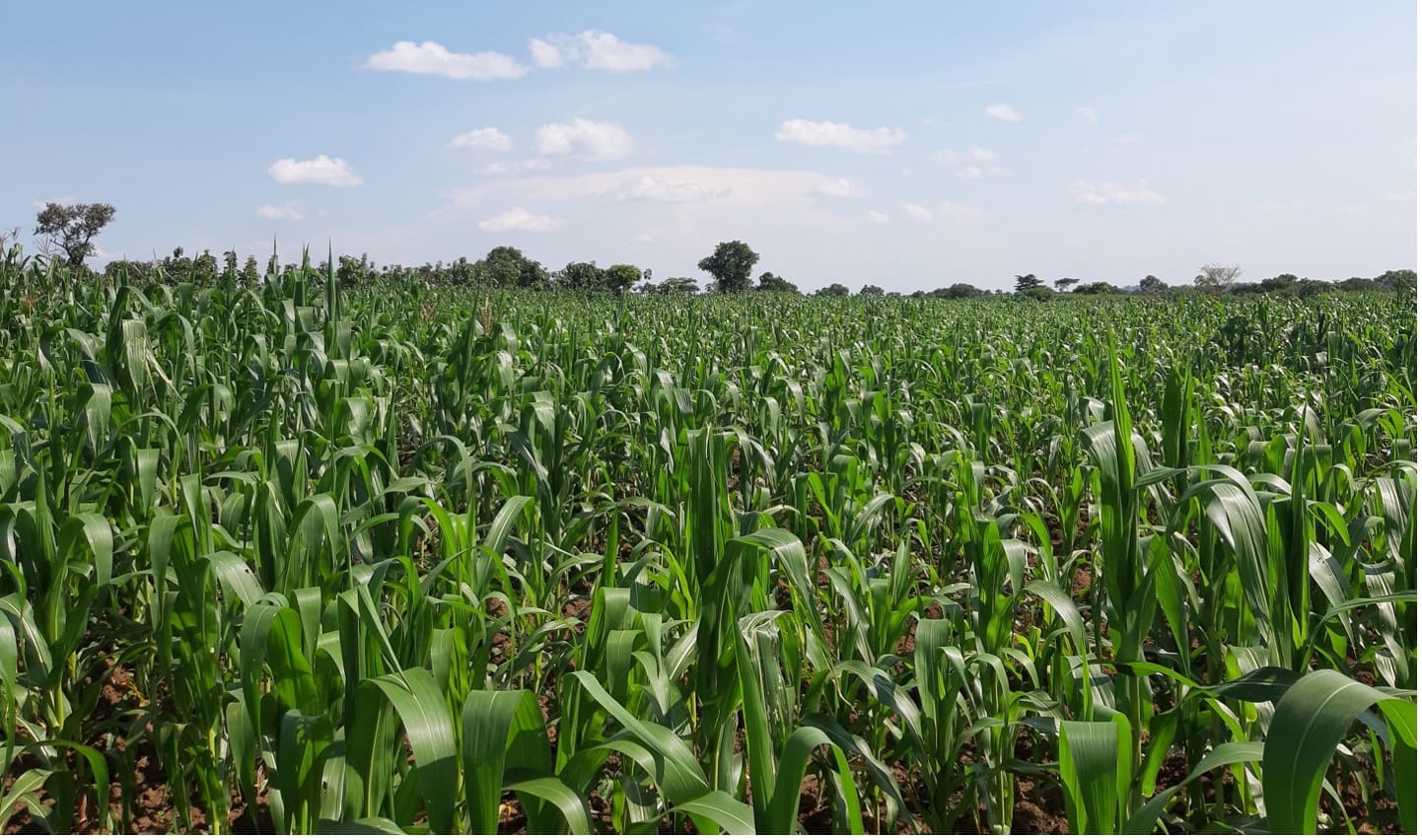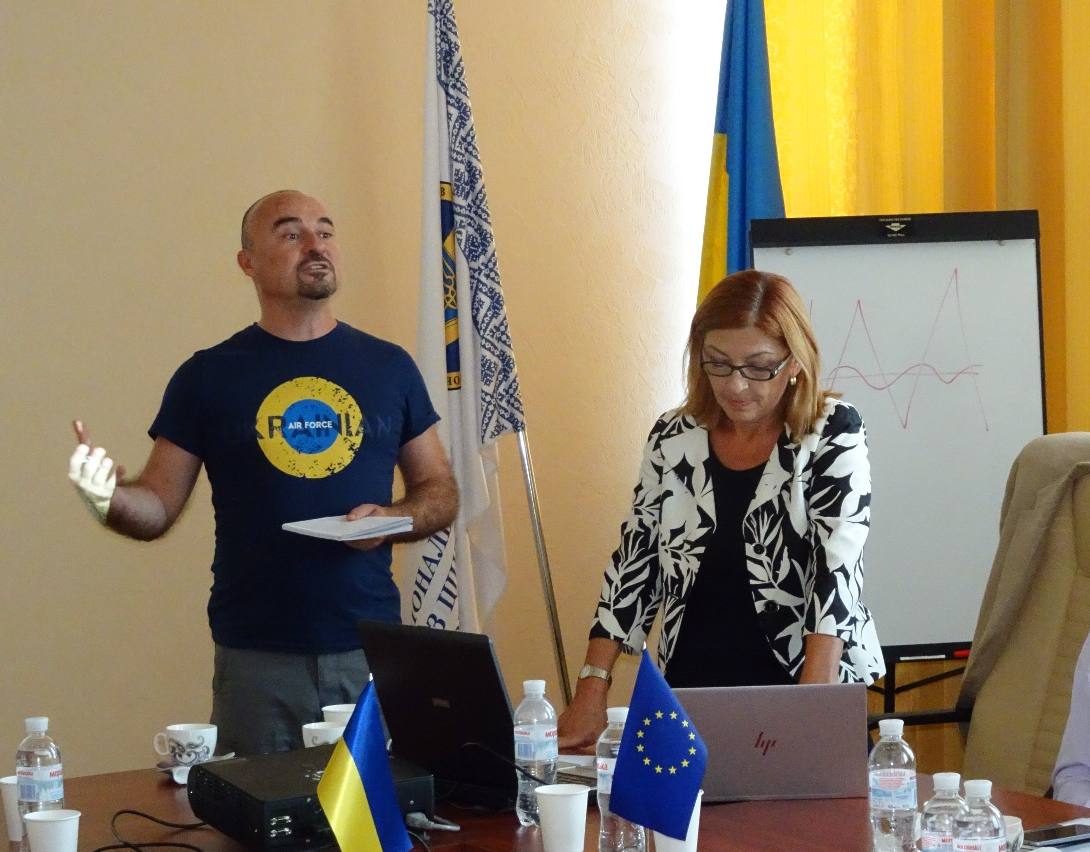The first risk-sharing finance facility under the €3.7 billion European Fund for Sustainable Development (EFSD) recently opened in Jordan, marking a milestone in the European Union (EU)’s plan to spark investment in some of the world’s most investment-starved markets.
The Dutch Development Bank FMO’s NASIRA program, holders of a €75 million EFSD guarantee fund, will be backing small business loans issued to Syrian refugee entrepreneurs by the Jordanian microfinance institution Tamweelcom. More than 760,000 UN-registered Syrian refugees live in Jordan, many of whom formerly worked in professions or small businesses.
FMO also signed an €8 million technical assistance contract with the EU to advise financial intermediaries such as Tamweelcom and their end-borrowers. Tamweelcom is Jordan’s second-largest MFI, serving 90,000 clients through 38 branches, particularly in smaller urban areas, with business loans typically of 1,000–7,000 Jordanian dinar, or US$ 1,400–9,900.
Launched in November 2017, the EU’s External Investment Plan (EIP) includes the EFSD, EU-funded technical assistance, and business environment support. DAI provides a range of private sector, finance, and investment advisory consulting for the EIP through its management of the EU’s Trade, Private Sector Development and Engagement Facility.
Committing to Sustainable Development
The EIP targets partner countries in the European Neighbourhood and Sub-Saharan Africa—especially fragile states—using the EU’s financial contribution and technical expertise to de-risk and attract investment capital into projects that create good jobs and sustainable development.
To date, the EU and Member States have invested €3.74 billion into the EFSD—€1.54 billion for guarantees and €2.2 billion for “blended finance” operations. NASIRA—which will support young, female, and refugee/returnee entrepreneurs in EFSD partner countries—is the first of 28 EU-guaranteed investment facilities expected to be launched by FMO and 10 other partner development banks.
Sound Incentives for Good Development
Since its launch, the EFSD has approved 94 projects, with some already under way and others awaiting funding and guarantees. Approved investments include local projects such as an initiative to upgrade electricity services in Benin, regional projects like the African Guarantee Fund for Small and Medium-Sized Enterprises, and EU Neighbourhood projects such as the rejuvenation of Zhytomyr, Ukraine’s trolleybus system.
Most proposals originate within the target countries and are brought to the EFSD by partner development banks or EU local delegations in search of financial and technical support to turn the ideas into action. Investors are then offered incentives through the EU guarantee, technical assistance, and other de-risking support. In exchange, the EU requires that the projects address social and development needs, for example by creating good jobs, enhancing climate resilience, or promoting gender equity.
Implementation of the EFSD marks a major step forward in translating development finance into tangible progress. As the EFSD describes in its 2018 Operational Report, the fund’s projects would not be getting off the ground without de-risking measures, and the “strong interest of the partner countries, private sector, and finance institutions makes us very optimistic that working hand-in-hand with our partners and the private sector can lead to better, smarter, greener, fairer, and inclusive development.”
By incentivizing investors to support locally prioritized development in at-risk or underdeveloped markets, the EU’s EIP is providing ways for more people to play a greater role in sustainable development where it is most needed.
Emmanuel Moyart is DAI’s Team Leader for the EU’s Trade and Private Sector Development Facility; DAI’s Mathilde Gaston-Mathé is the Facility’s Communications Expert.




